The Bank of Korea's monetary policy board was divided on the timing of potential interest rate cuts, with most of the seven-member board expressing concerns about lower borrowing costs potentially driving up housing prices, according to the July meeting minutes released on Tuesday.
At the meeting, the Bank of Korea indicated it was time to prepare for a shift towards cutting interest rates after keeping the benchmark rate steady at a 15-year high of 3.50% for the 12th consecutive meeting. Although the decision to maintain the rate was unanimous, there was significant division among the board members about when to act.
Some members were worried that reducing rates could further inflate Seoul's already expensive housing market, while others emphasized the need to ensure a soft landing for the economy. At least five board members highlighted financial stability risks due to rising home prices.
"In summary, inflation is easing towards the bank’s target level, but we should still be vigilant for upside risks. The risks associated with lowering interest rates are currently greater due to increased household debt and rising home prices," said one board member.
Recently, inflation concerns have been overshadowed by worries about rapidly increasing household debt and a slowdown in consumer spending. Another board member noted that any interest rate cuts should consider medium-term inflation levels, macroeconomic policy changes, and foreign exchange market developments.
In June, headline inflation slowed to an 11-month low of 2.4%, close to the bank's target of 2%. Despite this, South Korea's economy unexpectedly contracted in the second quarter, marking the sharpest decline since 2022. The slump in consumer spending, despite strong exports, has reinforced expectations that an interest rate reduction could occur in the coming months.



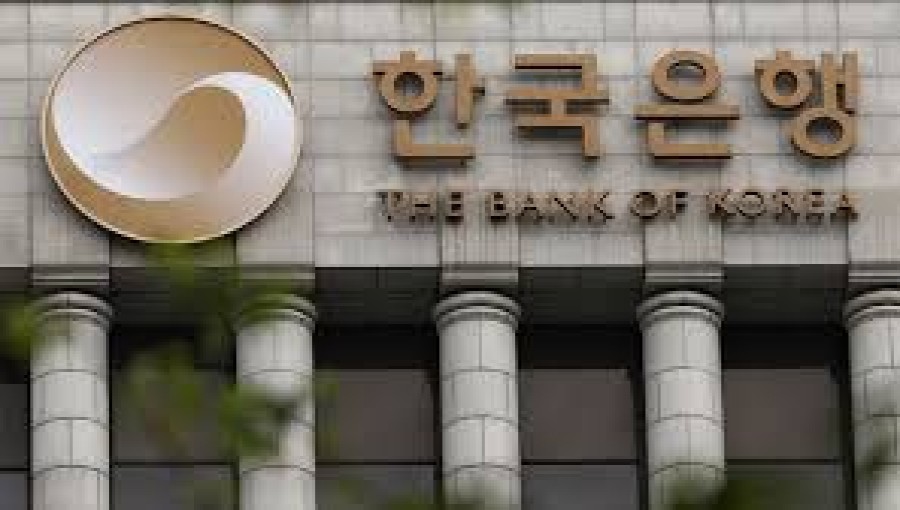






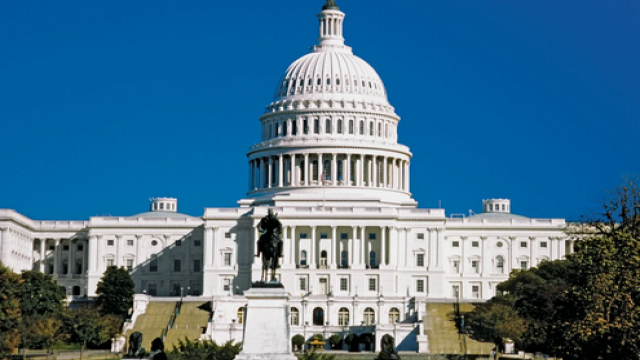
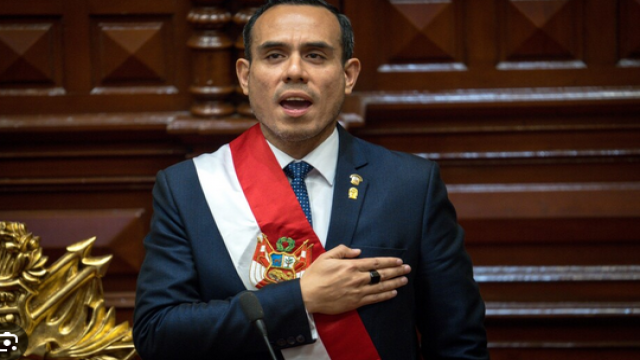


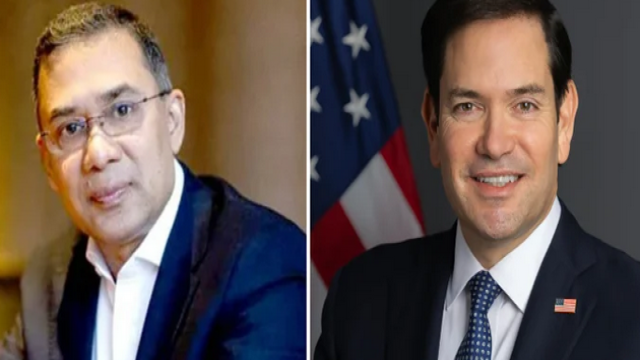



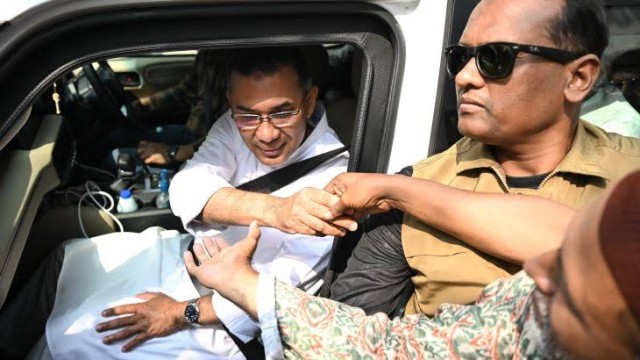












Comment: